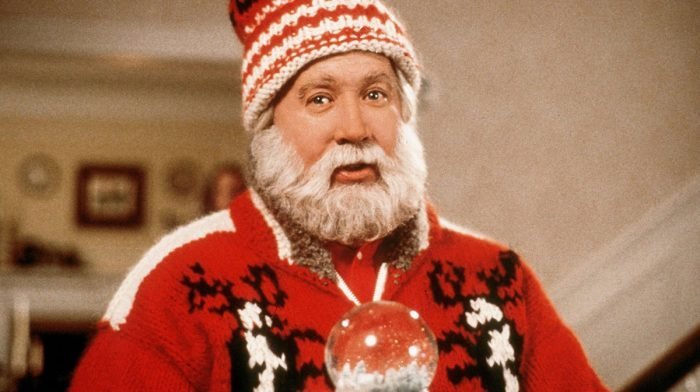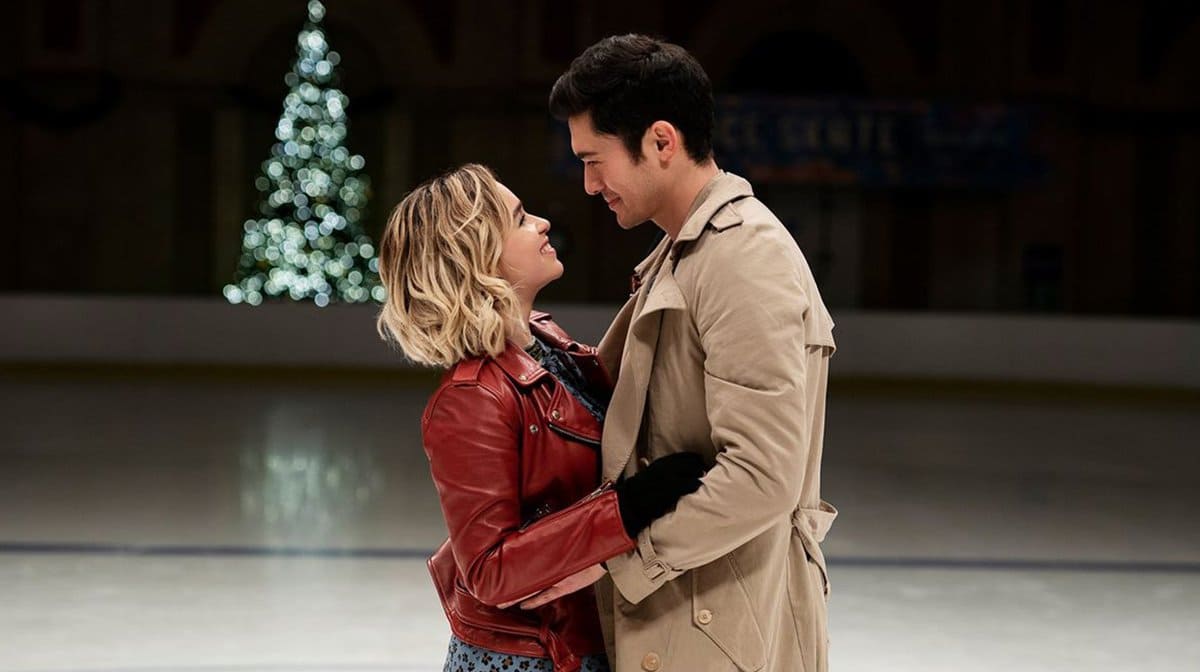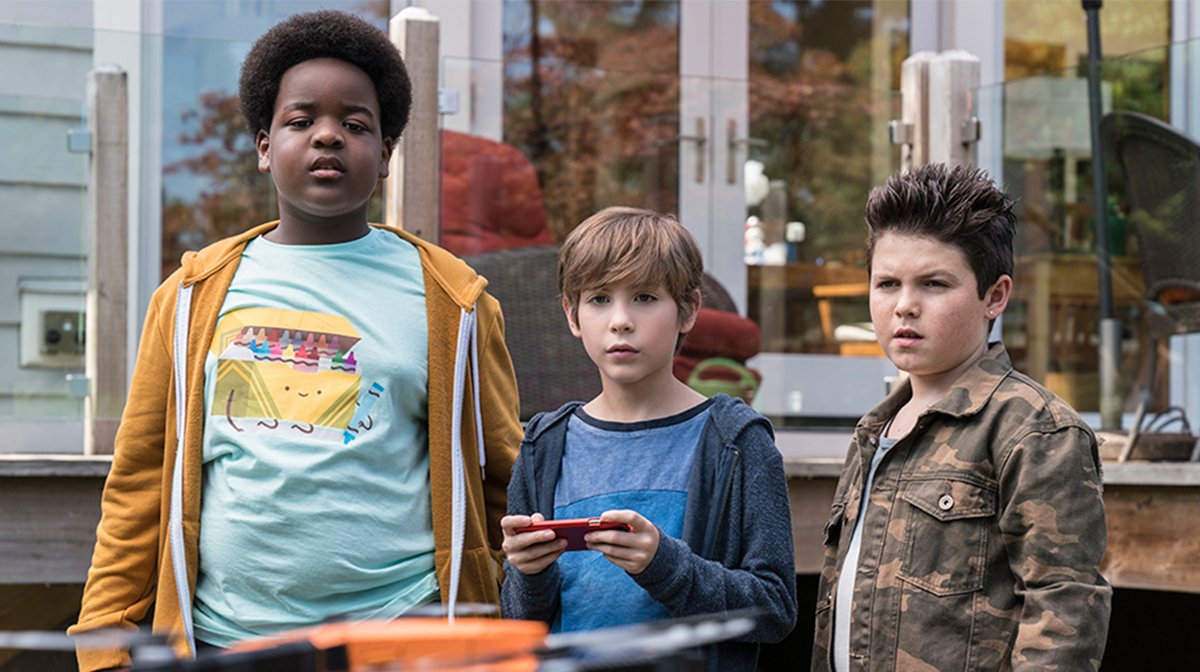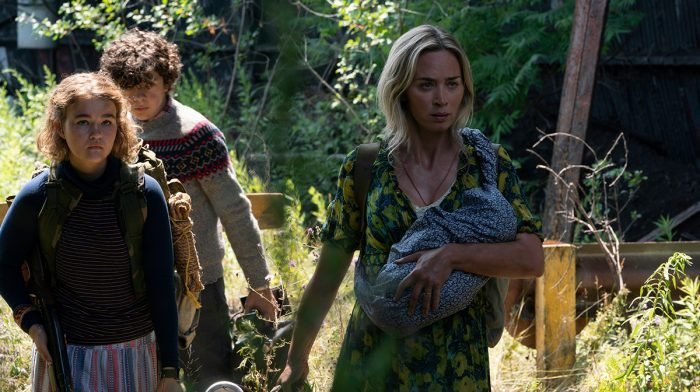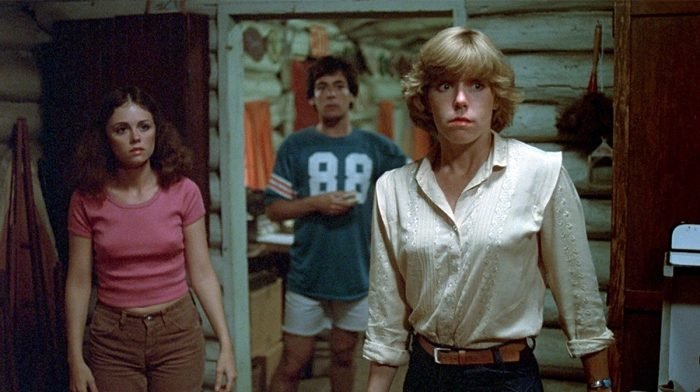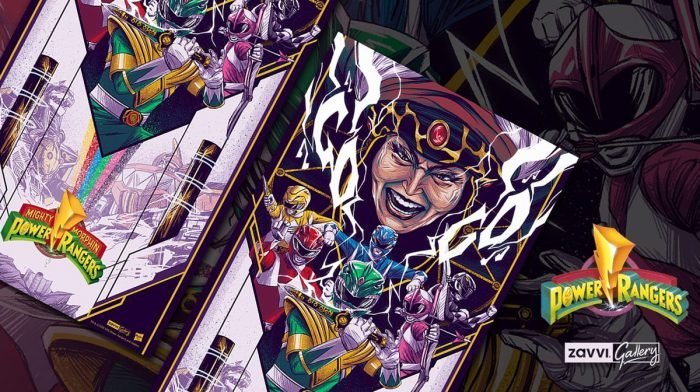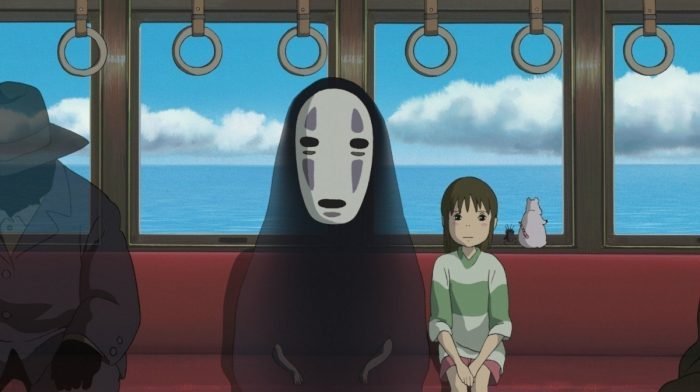It’s one of the best mobster movies of all time, packed with indelible scenes and scintillating dialogue.
Yet the exchange everybody remembers from Martin Scorsese’s GoodFellas – which celebrates its 30th birthday this week – was never meant to be in the film at all.
And, in a story where violence was the currency of all the main protagonists, it’s a sequence where bullets and blows are singularly absent.
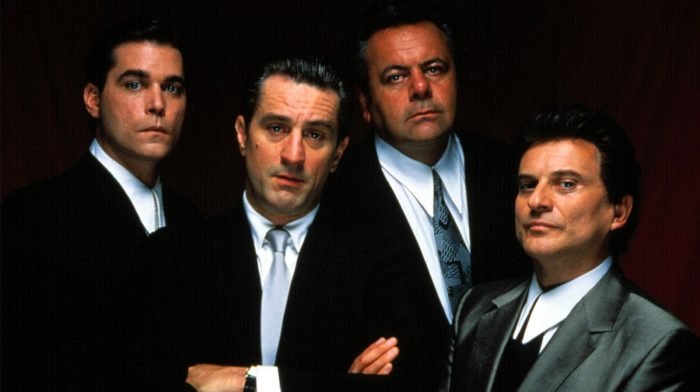
Warner Bros.
The “funny how?” scene starts off benignly enough, with gangsters Jimmy (Robert De Niro), Henry (Ray Liotta) and Tommy (Joe Pesci) having a friendly dinner until, for one of them, the banter seems to overstep the mark and the tone changes radically.
The chink of glasses and the sound of laughter are replaced by a sweaty silence as the atmosphere between Henry and Tommy becomes increasingly tense, and it all starts with an innocent remark.
Henry has told Tommy – a hot headed loose cannon, if ever there was one – that he’s “a funny guy”. He means it as a compliment, but that’s not how Tommy appears to take it.
It was never in Scorsese’s original script for the film. And that’s because it was based on a story Pesci told the director/writer, about how when he was working as a waiter in a restaurant, he told a mobster that he was funny.
And he meant it in the nicest possible way. But the wiseguy wasn’t laughing, asking the young Pesci “You think I’m funny?”
Scorsese liked the story so much he allowed the actor to bring it into the film, and the result was a sequence that took an all-too familiar situation – a remark that causes unintentional offence – and piled on the squirm-making agony because the sense of humour failure belongs to an unpredictable psychopath.
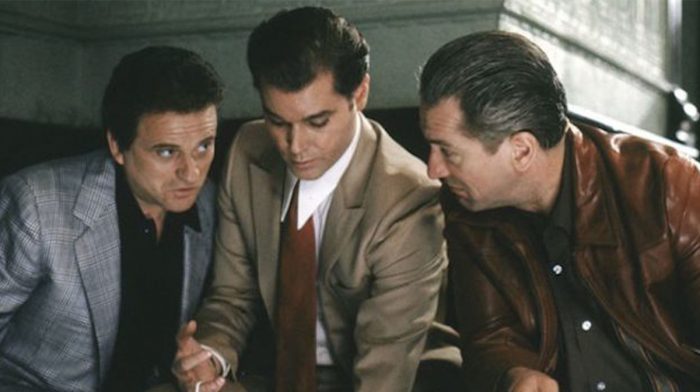
Warner Bros.
Scorsese went one step further, deciding that the final scene would be heavily based on improvisation, but only letting Pesci and Liotta in on the secret.
The reason? He wanted to see the genuine, spontaneous reactions from the other actors in the scene, their surprise turning to fear at a situation that could turn explosive in the blink of an eye.
And so that those faces made it into the final cut, the director resisted the temptation for close-ups, shooting the scene with only medium takes so all their reactions were clearly visible.
He then wrote it into the script, so that the final version, while retaining that spontaneous feel, was all structured. It was a masterstroke.
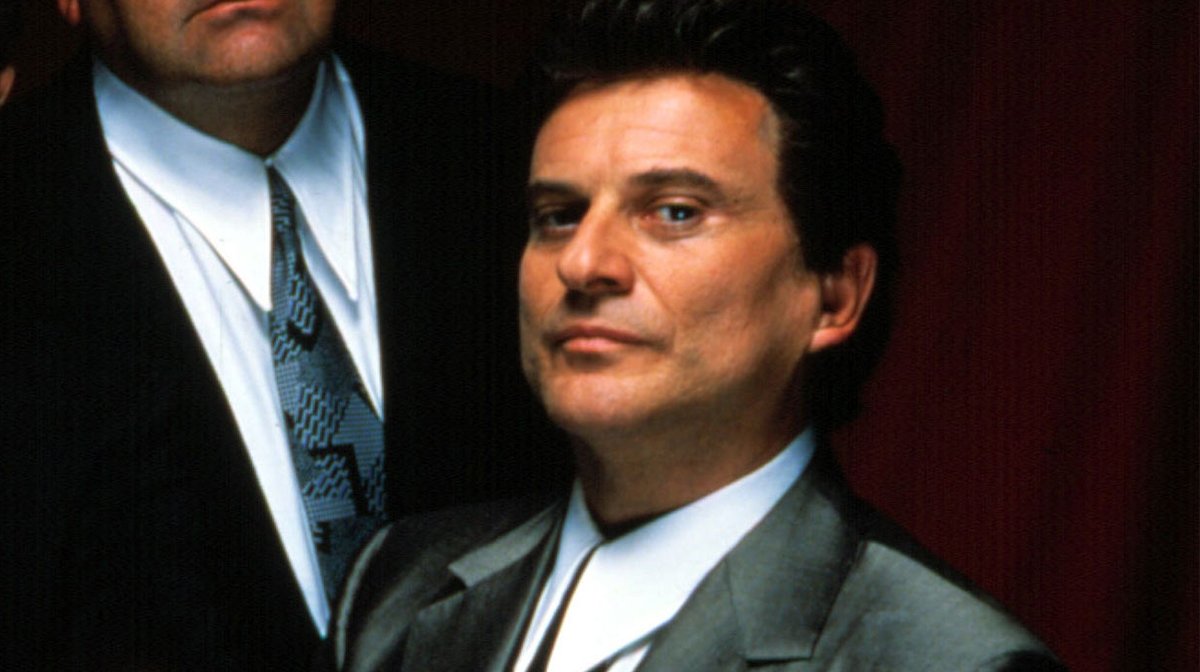
Warner Bros.
As an aside, using improvisation added to the film’s notoriety even further. It’s become one of the most f-bomb laden movies in cinematic history.
The expletive, and all its various, colourful derivatives, is used 300 times, yet it appeared only 70 times in the script. But, with much of the dialogue being improvised during the shoot, the f**ks piled up – and about half of them belonged to no less than Pesci as Tommy DeVito.
That said, GoodFellas is restrained compared to some of Scorsese’s other offerings: in Casino, the word is dropped 422 times, while The Wolf Of Wall Street is way out in front at 506.
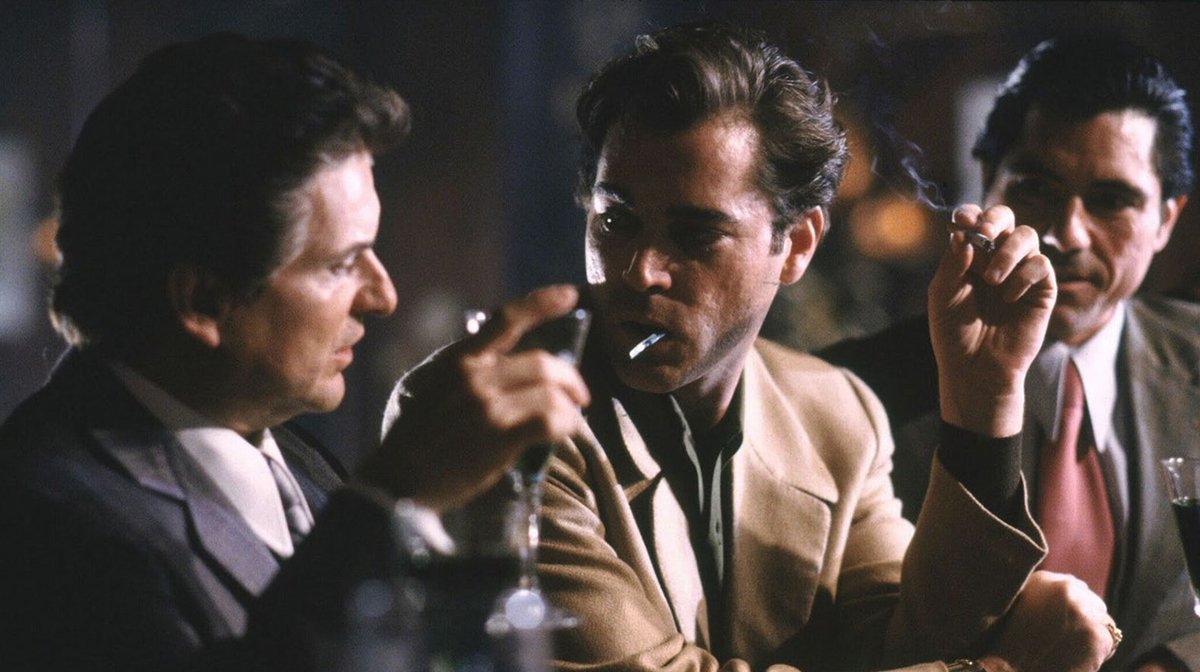
Warner Bros.
That mix of improvisation and disciplined structure was, however, crucial to the moment when the tone drops from laughter after Tommy’s violent anecdote to him interrogating his friend about his “funny” comment.
The questions rattle out like machine gun fire, Henry’s blood runs cold and the audience feels that fear, in a scene that only lasts for a minute but seems like a lifetime for anybody and everybody involved.
That first shift in mood, from light to dark, comes as a breath-stopping shock. The second, towards the end, is equally balanced precariously on a knife edge, but this time it produces a rush of relief.
Improvisation alone could never have given that level of effect.
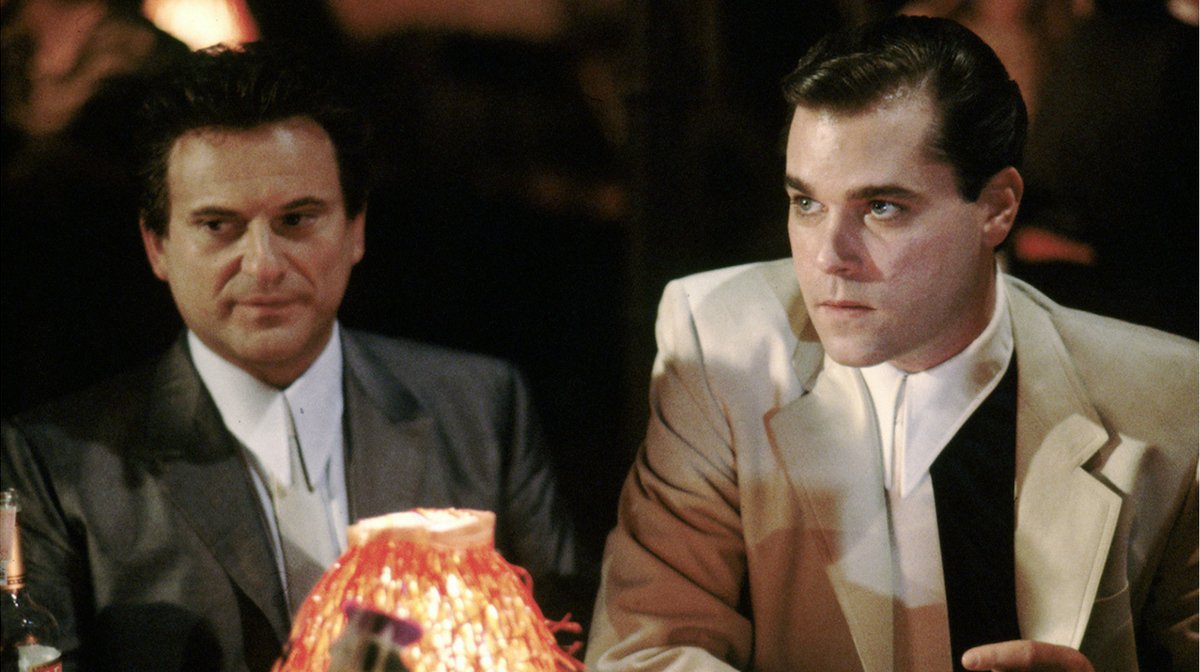
Warner Bros.
That the film only won a single Oscar, beaten in the Best Picture category by Kevin Costner’s Dances With Wolves, has earned GoodFellas a place on just about everybody’s list of biggest ever Oscar snubs.
Its one gold statuette went to Pesci in the Best Supporting Actor category and the unforgettable scene is often credited with being the reason why.
In truth, it squeezes his performance into a bottle, a portrayal that switches time and again from the darkly funny (that word again) to the deeply frightening.
And it says much for the actor’s ability to both entertain and instil fear that, when his character’s fate is sealed, the audience isn’t only relieved that he won’t be around to cause mayhem any more, they’re equally sorry that the rest of the film will be a little less volatile.
Pesci, however, was less talkative than Tommy when he accepted his Oscar, giving one of the shortest Academy Award acceptance speeches ever. “It’s my privilege. Thank you.” As he explained afterwards, he simply didn’t expect to win.
The film, however, has gone on to be regarded as a classic, as has this one particular scene. It happens early on in the movie and, from that moment, our cards have been marked.
We know we’re in for something extraordinary – a turbulent story full of violence, explicit or otherwise, and a masterstroke of filmmaking.
And it all starts with an innocent, but heavily loaded question…

